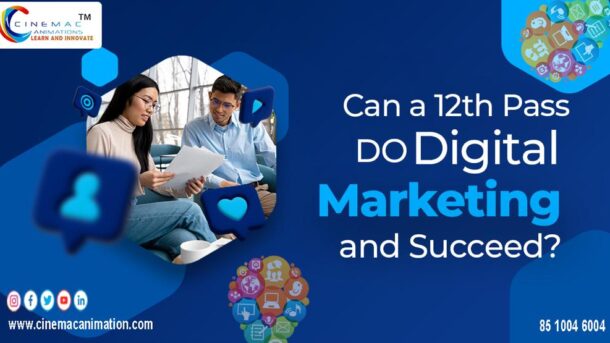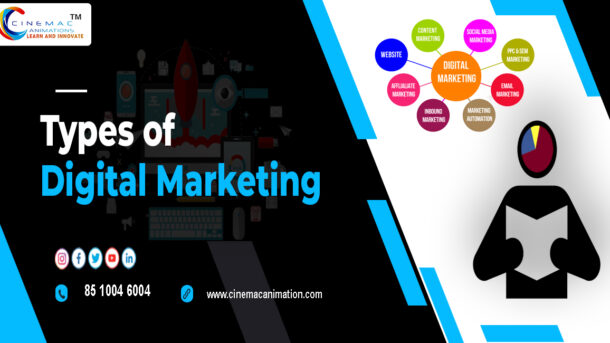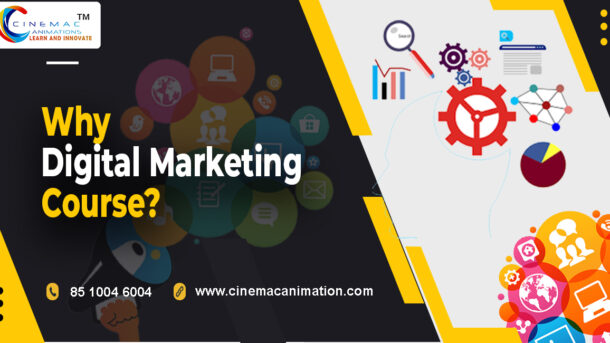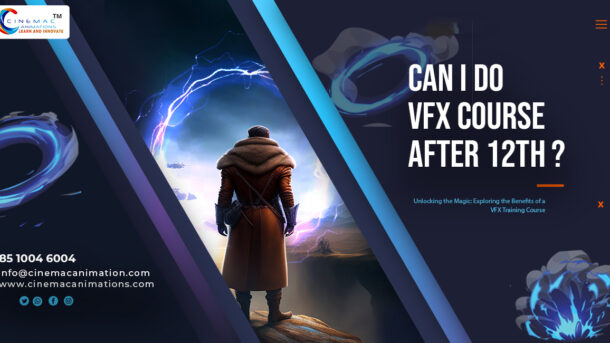Who is Eligible for Web Designing?
In today’s digital age, web designing has emerged as a lucrative and in-demand profession. With the ever-expanding online presence of businesses and individuals, the need for skilled web designers continues to grow. But who is eligible for web designing, and what does it take to succeed in this field? This article will delve into the qualifications, skills, and insights necessary to excel in web designing.
Introduction
Web designing is a multifaceted discipline that combines creativity, technical expertise, and a keen understanding of user experience. Whether you’re a seasoned professional looking to upgrade your skills or a newcomer considering a career change, understanding the eligibility criteria is essential.
In this comprehensive guide, we’ll explore the various aspects of web designing eligibility, including educational requirements, essential skills, and the potential career paths you can pursue. Let’s dive into the exciting world of web design.
Educational Qualifications
To kickstart a career in web designing, having a strong educational foundation can make a significant difference. While a formal degree is not always mandatory, it can certainly give you an edge. Here are some educational paths to consider:
1. Bachelor’s Degree in Web Design or Related Field
A bachelor’s degree in web design, graphic design, or a related field is an excellent choice for aspiring web designers. These programs provide a comprehensive understanding of design principles, coding languages, and user interface (UI) and user experience (UX) concepts.
2. Online Courses and Certifications
There are numerous online courses and certifications available if you would prefer a more flexible and economical approach. There are classes available on HTML, CSS, JavaScript, and other vital web design technologies on websites like Coursera, Udemy, and edX.
3. Self-Study and Skill Development
Web design is one of those fields where your skills and portfolio often speak louder than your formal education. Many successful web designers are self-taught and rely on continuous skill development through practice and experimentation.
Essential Skills for Web Designing
Beyond formal education, web designing demands a set of skills that can set you apart in a competitive job market. Here are the key skills every web designer should possess:
1. Proficiency in Coding Languages
Web designers must be proficient in coding languages like HTML, CSS, and JavaScript. These languages are the building blocks of web development and allow designers to bring their creative visions to life.
2. Graphic Design Skills
It’s essential to have a great sense of aesthetics and graphic design. For websites to be visually appealing, understanding color theory, typography, and layout concepts is crucial.
3. UX/UI Design
User experience (UX) and user interface (UI) design are integral to web development. Designers need to create websites that are not only visually appealing but also user-friendly and intuitive.
4. Responsive Design
In the era of mobile devices, responsive design is a must. Web designers should know how to create websites that adapt seamlessly to different screen sizes and resolutions.
5. Problem-Solving Abilities
Technical difficulties are frequently faced by web designers. Being able to troubleshoot issues and come up with original solutions is quite valuable.
Career Paths in Web Designing
Web designing offers diverse career opportunities. Here are some common career paths you can pursue:
1. Front-End Developer
Front-end developers focus on creating the visual elements of a website. They work closely with designers to bring web designs to life using coding languages.
2. UI/UX Designer
UI/UX designers specialize in creating user interfaces that enhance the overall user experience. They focus on making websites user-friendly and visually appealing.
3. Web Developer
Web developers are responsible for both front-end and back-end development. They handle server-side scripting and database management in addition to design.
4. Freelancer
Many web designers opt to operate independently, charging clients on a project-by-project basis for their services. This choice offers freedom and adaptability.
Who is Eligible for Web Designing?
Web designing is a field open to a wide range of individuals, from recent graduates to career changers and self-taught enthusiasts. You are qualified for web design if you have a love of creativity and a desire to learn. It’s a dynamic sector where your abilities and commitment can open the door to a rewarding and successful career.
FAQs (Frequently Asked Questions)
Can I become a web designer without a degree?
Yes, you can become a web designer without a formal degree. Many successful web designers are self-taught or have completed online courses and certifications.
What programming languages should I learn for web designing?
HTML, CSS, and JavaScript are essential programming languages for web designing. Learning these languages is a great starting point.
Do I need to be artistic to be a web designer?
While artistic skills can be beneficial, they are not a strict requirement. A strong understanding of design principles and technical skills is equally important.
Is web designing a lucrative career?
Yes, web designing can be a lucrative career, especially for experienced professionals with a strong portfolio. The demand for web designers is continually growing.
How can I stay updated with the latest web design trends?
To stay updated, follow industry blogs, attend web design conferences, and participate in online communities. Networking with other designers can also be valuable.
What tools and software do web designers use?
Web designers use a variety of tools and software, including Adobe Creative Suite (Photoshop, Illustrator, etc.), Sketch, Figma, and code editors like Visual Studio Code.
Conclusion
In the world of web designing, eligibility is not restricted to a particular set of individuals. Whether you have a formal degree, are self-taught, or are considering a career change, web designing welcomes all who are passionate about creating stunning and functional websites. Remember that continuous learning and staying updated with industry trends are key to excelling in this dynamic field.








